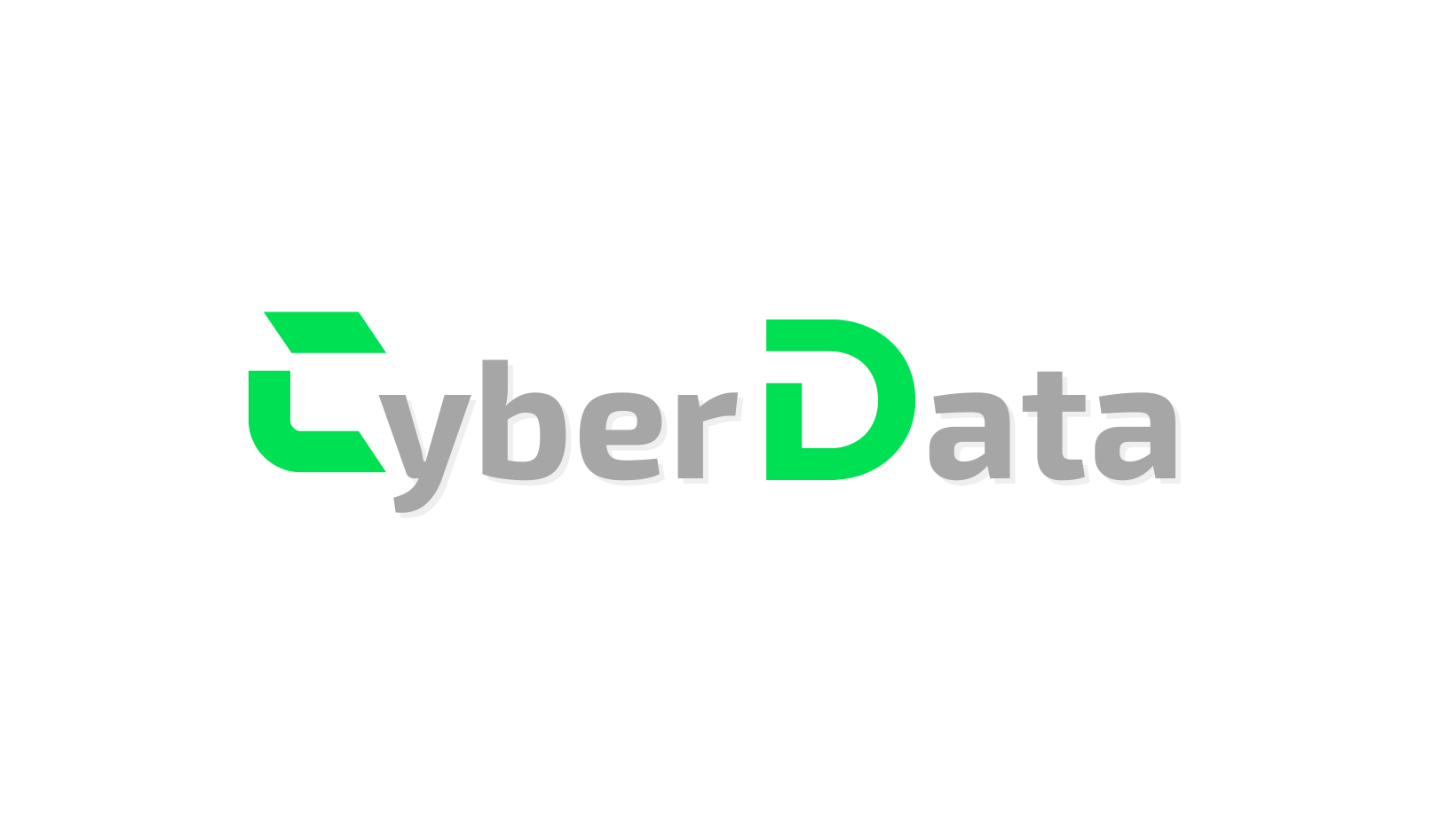As technology continues to advance at a rapid pace, so do the threats to our digital security. With the rise of cyber attacks and data breaches, the need for effective cybersecurity measures is more pressing than ever. That’s where artificial intelligence (AI) comes in.
AI-driven cybersecurity solutions are changing the game for businesses and consumers alike. And as the industry evolves, so does the investment landscape. Recently, a new venture capital firm, TBD VC, announced a $35 million fund dedicated to backing Israeli deep tech startups. This fund not only showcases the potential of AI in the cybersecurity space, but also sheds light on the growing importance of ethical AI design and governance.
At the forefront of this revolution is the use of machine learning in threat detection. Traditional security measures rely on pre-defined rules and patterns to identify and prevent cyber attacks. However, these methods are no match for the constantly evolving tactics of cybercriminals. With AI, cybersecurity systems can adapt and learn in real-time, making them much more effective at detecting and mitigating threats.
In fact, autonomous cybersecurity systems are quickly gaining traction in the industry. These agentic AI systems are able to independently analyze, identify, and respond to potential threats without human intervention. This not only improves response times, but also reduces the risk of human error in handling sensitive information.
But AI isn’t just being used for threat detection. It’s also playing a crucial role in cyber threat intelligence. With the vast amount of data generated by digital interactions, AI can quickly analyze and identify patterns that could indicate a potential attack. This allows companies to proactively defend against threats before they occur.
As more and more businesses turn to AI for next-gen cyber defense, it’s important to consider ethical AI design principles. This means ensuring that AI systems are designed and trained with fairness, transparency, and accountability in mind. With AI governance and compliance becoming a top priority, investors like TBD VC are seeking out startups that prioritize responsible AI practices.
But the impact of AI in cybersecurity goes beyond just protecting businesses and consumers. It’s also transforming digital marketing strategies. With AI-powered customer behavior analysis, companies can gain valuable insights into their target audience’s preferences and behavior patterns. This allows for more targeted and effective marketing campaigns.
However, as with any new technology, there are ethical considerations to keep in mind. In the realm of AI marketing, data privacy is a major concern. Companies must ensure that they are using customer data ethically and with consent. This is where responsible AI in advertising comes into play, ensuring that AI algorithms are not discriminating or unfairly targeting certain demographics.
In conclusion, AI-driven cybersecurity solutions are changing the landscape of the industry. With the emergence of intelligent automation platforms and the growing importance of ethical AI design and governance, it’s clear that AI will continue to play a crucial role in the future of cybersecurity. And with the support of venture capital firms like TBD VC, Israeli deep tech startups are leading the way in this revolution.



